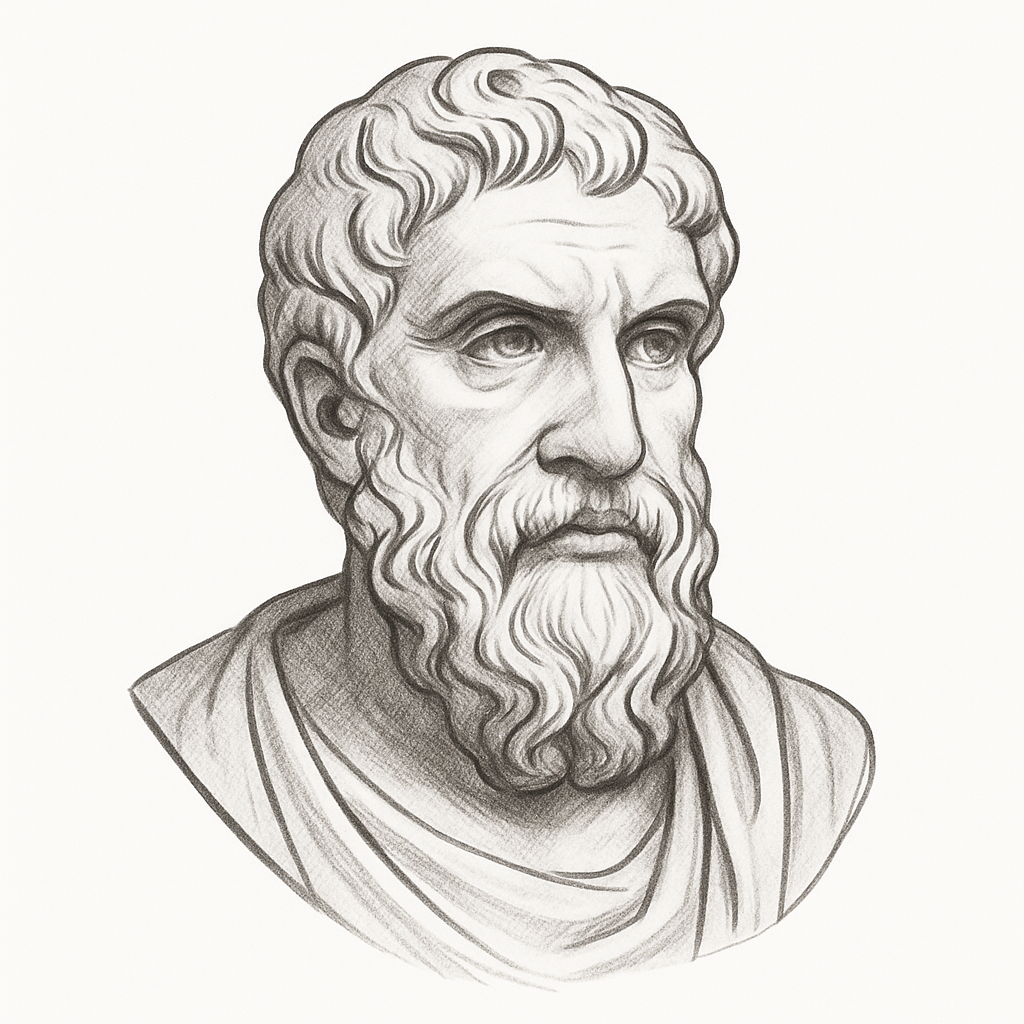Stoicism on Emotions
In Stoic philosophy, emotions are considered a significant aspect of human experience, particularly in their capacity to either contribute to or detract from one's tranquility and rational well-being. The Stoic perspective emphasizes understanding the origin of emotions and managing one's reactions to them, framed predominantly through the principle of control.
From a Stoic standpoint, emotions are not inherently unimportant, but their significance lies in what they reveal about an individual's judgments and opinions, which are squarely within one's sphere of control (Epictetus, The Discourses, Book 3, Chapter 3). Emotional distress, for instance, is not seen as an inevitable consequence of external events, but rather as a result of one's interpretation and opinion of those events (Epictetus, The Discourses, Book 3, Chapter 3). This highlights their importance as indicators of one's internal state and the quality of one's judgments (Epictetus, The Discourses, Book 3, Chapter 9). An individual's actions and emotions are understood to stem from their own judgments, underscoring the personal responsibility for one's choices rather than attributing blame to external factors (Epictetus, The Discourses, Book 1, Chapter 11). The cultivation of inner tranquility is prioritized, as it is considered irrational to be emotionally disturbed by things that are beyond one's control (Epictetus, The Discourses, Book 3, Chapter 4).
Regarding the management of emotions, Stoicism advocates for mastery rather than mere suppression or unrestrained acceptance. The objective is to "strive to be the master of your emotions, not their slave, to achieve a more stable and genuine sense of well-being" (Seneca, Moral Letters to Lucilius, Chapter 116). This involves a profound engagement with one's internal landscape, specifically focusing on the mind and its ruling faculty, to prevent it from being "enslaved by the body or by reactive emotions" (Marcus Aurelius, Meditations, Book 2).
This mastery is achieved through several key practices:
- Examination of Judgments: Recognizing that emotional turmoil arises from opinions about events, rather than the events themselves, prompts a diligent practice of examining and correcting one's beliefs (Epictetus, The Discourses, Book 3, Chapter 3).
- Purification of Character: The process of purifying one's character involves eliminating the desire for external things and actively mastering one's emotions (Epictetus, The Discourses, Book 3, Chapter 22). This suggests a transformation of emotional responses through internal discipline.
- Moderation in Affect: Even in natural human experiences such as sorrow, Stoicism advises moderation, suggesting that there is a dignified approach to grief that avoids excessive emotional display (Seneca, Moral Letters to Lucilius, Chapter 99). This does not imply an absence of feeling, but rather a controlled expression that does not disrupt rational action or inner peace. An emotional response that leads to abandoning one's duties, for example, is deemed neither rational nor consistent with natural affection (Epictetus, The Discourses, Book 1, Chapter 11).
- Philosophy as a Remedy: Philosophy serves as a practical tool for addressing life's hardships and healing the soul (Seneca, Moral Letters to Lucilius, Chapter 117). It is through this practical application that individuals can learn to manage their emotional reactions effectively, prioritizing this self-mastery over mere intellectual theories (Epictetus, The Discourses, Book 3, Chapter 2). As Seneca aptly queries, "For of what benefit is a quiet neighbourhood, if our emotions are in an uproar?" (Seneca, Moral Letters to Lucilius, Chapter 56).
In summary, Stoicism views emotions as critical indicators of an individual's internal state, stemming from their judgments and opinions—factors that are within their control. The Stoic approach is not to suppress emotions entirely, but to master them by understanding their origin in one's judgments, purifying one's character, and applying philosophical principles as a practical remedy. This process cultivates a stable and rational well-being, prioritizing inner tranquility over reactive emotional distress.
Key Passages
For of what benefit is a quiet neighbourhood, if our emotions are in an uproar?— Moral Letters to Lucilius by Seneca
Show me a man who is sick and happy, in danger and happy, dying and happy, in exile and happy, in disgrace and happy. Show him: I desire, by the gods, to see a Stoic.— The Discourses by Epictetus
Reflect on your acts. 'Where have I omitted the things which conduce to happiness? What have I done which is either unfriendly or unsocial?'— The Discourses by Epictetus
Disclaimer: Article generated using Memento Vivere AI tool, and is grounded solely in the works of Epictetus, Seneca and Marcus Aurelius. For informational purposes only. Not a substitute for professional advice.
